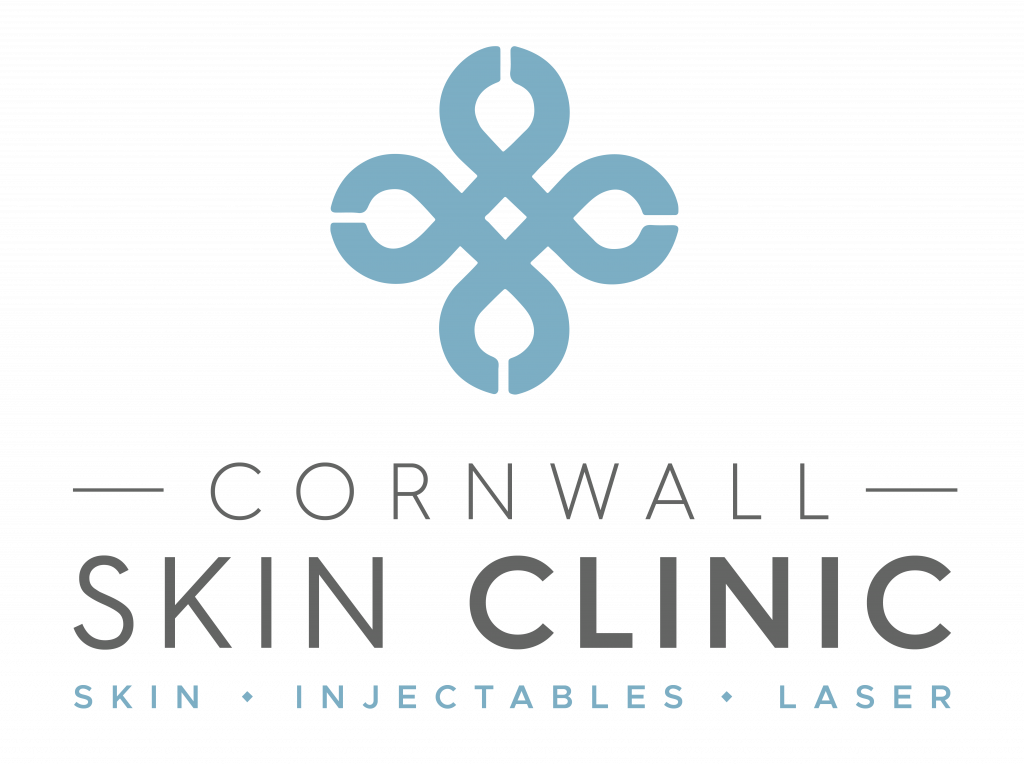Body hair removal is such a personal choice, some people might opt to go au naturel while others choose to remove all their body hair. Whether you prefer to remove or leave body hair is up to you. There is no wrong choice but if you are closer to the second option and you are looking to remove some or all of your hair, you have got options.
Here’s a list of the most common body hair removal methods, ranked from worst to best based on long-term effectiveness, convenience, and side effects:
8. Shaving
Whether done with an electric or straight razor, shaving is similar to cutting hair, only it does so close to the skin. Shaving doesn’t remove hair at the root — only at the surface — which means that the effects are temporary, lasting anywhere from a few hours to a few days.
Pros
* Cheap and convenient
* Easy to use
Cons
* Painful ingrown hairs, irritated skin, and cuts
* Effects are temporary
* Complications can include scarring, broken capillaries, and hyperpigmentation
7. Electrolysis
Electrolysis works by inserting a small needle or thin metal probe into the hair follicle. A low-level electrical current then passes through the needle or probe into the skin and destroys the follicle. Hair is unable to grow back in the area where the follicle has been destroyed.
Pros
* Results are permanent
Cons
* Can be painful
* Many sessions required since hair has to be treated follicle by follicle
* Expensive
* Complications can include hyperpigmentation, keloid formation, and infection
6. Tweezing
Tweezing pulls hair out at the root. It doesn’t affect the follicle, from which hair grows, so it’s only a matter of time before another one sprouts up. Hair grows in cycles, so the time in the cycle when you remove it determines in part how quickly another will take its place. Unlike shaving, which allows hair to grow back the same size as the follicle, hair that is plucked grows back with a tapered end, meaning it is softer and less noticeable when it first comes in. Eventually, it will grow back to its normal thickness.
Pros
* Ideal for eyebrows and other facial hair
* Removes hair at the root
Cons
* Painful
* Can only use on small areas of the face
* Risk of infection
5. Threading
Instead of waxing or shaving, many people are choosing to remove hair on their eyebrows and faces using threading. It involves using a cotton thread to trap hairs and remove them directly from the follicle.
Pros
* Gentler than tweezing
* Ideal for eyebrows
Cons
* Can only be used on small areas of the skin
4. Waxing
Waxing has been around for centuries as a hair removal technique—and the technique hasn’t changed too much. Wax is warmed until it’s soft and spreadable (it shouldn’t be boiling hot or feel uncomfortably warm). Using a wooden stick, the warm wax is spread on the treatment area. Usually, the wax is applied in small portions at a time. Then a clean white cloth is pressed down on top of the warm wax and is yanked off quickly, pulling out the hair with it—roots and all.
Pros
* Can be used almost anywhere on the body
* Affordable
* Results last longer than shaving
Cons
* Burns can occur
* Painful
* Not permanent
* Not ideal for those with skin disorders, like psoriasis
* Possible side effects include red bumps, infection, ingrown hairs, and torn skin
3. Hair removal creams
Hair removal creams, also known as depilatories, use an active ingredient to dissolve the hair shaft. The mechanical action of removing the cream using a spatula or sponge helps pull away the dissolved hair from the surface of the skin. Unlike shaving, which leaves sharp, hard hair stubble just below the skin, depilatories leave a rounded, smoother edge. It effectively minimises stubble, making hair regrowth appear to take longer. Still, treatments need to be repeated at least weekly, if not more often. Depilatories are best used for hair on the face, arms, and legs.
Pros
* Affordable
* Easy to use
* No pain
Cons
* Can irritate skin
* Results are temporary
* Only ideal for some areas of the body
* Not ideal for regular use
2. Vaniqa
Also known as eflornithine, Vaniqa works by blocking an enzyme that would otherwise stimulate hair growth. Without the enzyme, hair growth is slowed in that area and eventually may stop growing altogether.
Because Vaniqa is not a hair remover per se, it is best used in conjunction with other hair removal methods such as lasers. The longer the cream is used, the better the results will be.
Pros
* Effective on facial hair
* Removes non-pigmented hair
Cons
* Only effective on facial hair
* Must continue using to maintain hair removal
* Best used in conjunction with other hair removal methods, like laser hair removal
1. Laser hair removal
It’s clear who the winner is when it comes to hair removal methods. While other hair removal methods can result in painful and unsightly side effects, laser treatments are gentle on skin and produce permanent results.
Laser hair removal uses laser light pulses that selectively destroy hair follicles by targeting the melanin in them. More specifically, the hair follicle’s pigment absorbs the laser’s light pulse, damaging the follicle enough to significantly slow down hair regrowth. Laser hair removal can be performed anywhere on the body.
It’s essential that you receive laser hair removal treatments from a credible laser technician who holds at least NVQ Level 4 in laser and IPL since at-home laser treatments aren’t regulated and don’t deliver the same results.
Pros
* Permanently reduces body hair
* Safe and effective on nearly all skin types and tones
* Can be performed anywhere on the body
* Gentle on skin
Cons
* Expensive — it’s an investment but at Cornwall Skin Clinic we keep our prices affordable and price match
* Multiple sessions are required
Want to learn more about laser hair removal or book your free consultation? Get in touch here!


